Should You Invest in Short Term or Long Term Rentals?

In today’s real estate market, one is faced with a variety of investment opportunities. In the past, the only type of property available for purchase was a house, and one family would use it throughout their lifetime. Now we live in an age where people move around more and need to store their belongings and keep them safe while they do. The storage business has taken off exponentially as this is now one of our most popular options for rentals.
There are also long-term rental properties that you can rent out to students or families who require homes near work or universities. They provide an excellent source of income throughout the year, but it isn’t easy to know whether short-term or long-term rentals will give you more financial security at retirement. In this piece, we will discuss the things you have to consider before you invest in rentals. I recommend you to connect with a reliable source of real estate that provides detailed information about properties available for sale at affordable deals.
1. Know The Market
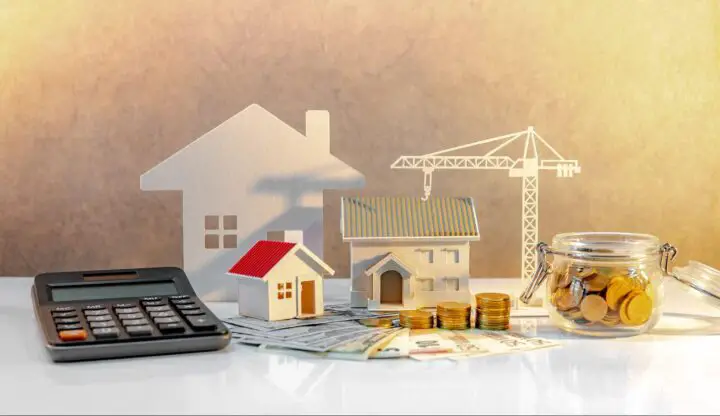
As with any investment, you need to know the market before committing. Check out your local rental prices and see if they correlate with long-term or short-term rentals. If there is a significant price difference between the two options, you will have a much easier time deciding which type of rental will be more profitable for you in the future.
2. Having Good Credit
Having good credit is important no matter what type of investment you make. When you apply for a loan, the lender will check your credit history to see if you are financially reliable or not. If they find that you have made payments on time throughout your life, it will be easier for them to give you money that will help pay off any high-interest, short-term, or long-term rental loans.
3. Having a 20% Down Payment Vs. PMI

People with a 20% down payment on their property will have much better opportunities in the future when it comes to financially securing themselves. If you don’t pay off your mortgage and you end up having to sell your rental house, the lender is going to keep all of your money. This can be very complicated, and anybody who has rented out a house in the past knows that unexpected things happen all the time. You need money available in order to fix or replace broken items in your home.
Using short-term rentals can save you this headache since they come with insurance that covers any damages during the rental period, so you don’t have to worry about paying for them yourself. They also take out another insurance policy that protects them from theft, making them an excellent choice if you want to make money while not having to carry the burden of possible repairs and replacements.
4. Have an Inspection Done On The Property
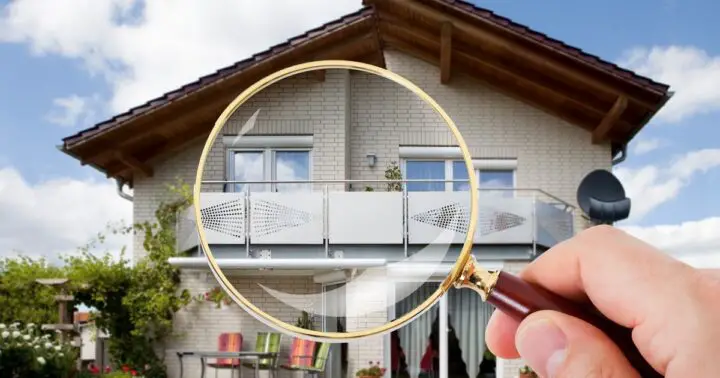
It is not necessary to have your property inspected before you start using short-term rentals. If you are planning on making long-term rentals, though, it’s always a good idea to get an inspection done beforehand since homes that require significant maintenance will generally yield less profit overall. They may even be repaired and fixed by the current owners in order to make more money from their investment. You need to know what you’re getting into if you want to make sure that everything runs smoothly and any problems with the house don’t cost you much time and money for repairs and replacements.
5. A Realistic Budget
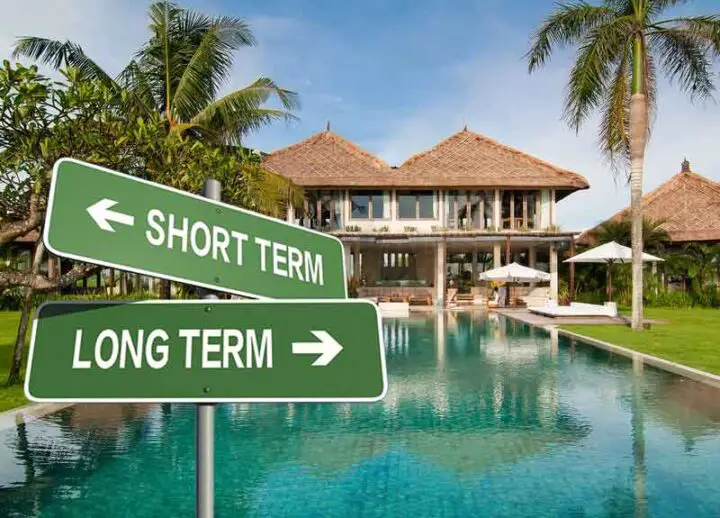
If you are interested in long-term rentals, remember that your budget will have to increase by a significant amount. You will be paying off your mortgage for years, and even then, you may have to pay taxes monthly if the property is still registered under your name. As far as short-term rentals, you can research how much money they generate per night, anywhere from $50-$500, depending on the location of the rental house.
If you estimate that it will bring in an average of $100/day throughout the year, this means about 1/3rd of renters are coming during the weekend, so you don’t have to worry too much about being vacant on weekdays. This might seem like a lot at first, but making these calculations will ensure that you’re not in over your head and that any short-term or long-term rental investment will potentially meet your financial income goals.
6. Know What You Will Use the Money For
If you use long-term rentals, it will be a very good idea to set up a savings account that has a high-interest rate for when you first start making money from your rental. Keep in mind that it takes about two years to recoup the cash flow on any property used as a short-term rental so having an emergency fund is essential. If you can’t pay off your house at whatever point you might need to sell it, the only way to get around this is by using short-term or long-term rentals that have insurance policies or selling some other investment property instead.
7. Loan Eligibility
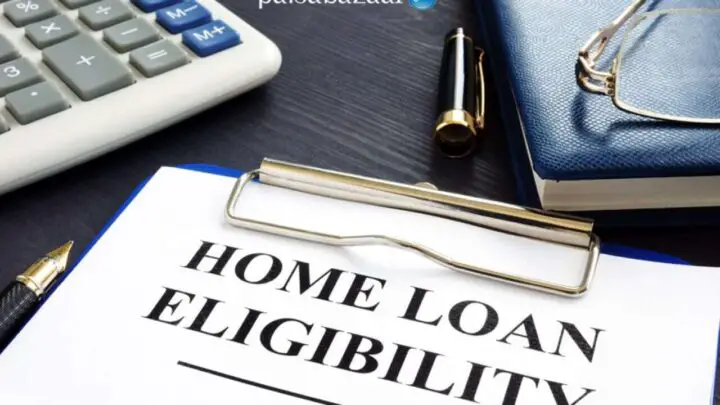
You may not be eligible for certain loans if you make plans to buy a house to use it as short-term or long-term rentals. You can get around this by applying for different types of loans, though. If your credit score is somewhere in the 600-620 range, this makes it difficult to gain approval for any loan, so you will have to work hard to get that score up to increase your chances of getting approved.
8. Know What You’re Getting Into
You need to know how much money you’re going to make when you invest in either short-term or long-term rentals since this will help you fill out tax forms and all other financial documents necessary when purchasing property in most countries. It’s also good practice to talk about these things with an accountant before you make any decisions about where to invest your money since they can give you a lot of help finding your way around the different tax rules and laws that apply to anyone living in or near the United States.
9. Taxes and Licenses
Both short-term and long-term rentals require licenses and paying taxes on them as well as having insurance policies that protect both you and your renters from theft, fire, and other unforeseen accidents. You will also be required to pay capital gains fees when selling short-term investments but not long-term ones unless you’ve made over $500,000 in profit after selling it. This is an excellent investment for those who want financial security but don’t like putting effort into maintaining their investments.
10. Keep Your Options Open
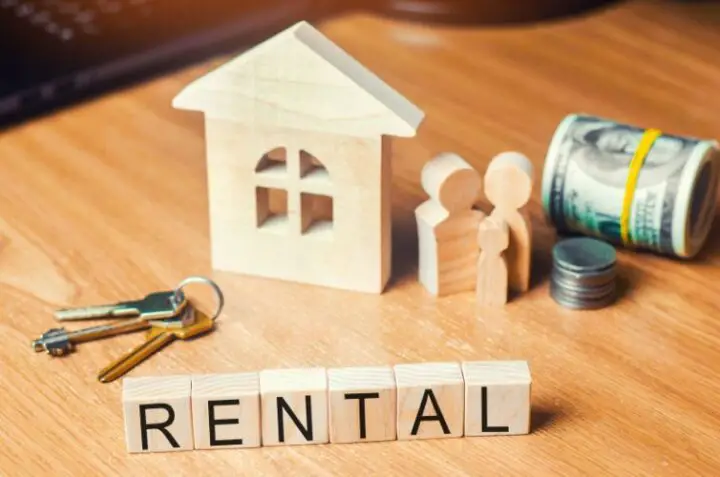
If you are not sure yet if the money you would make from investing in the short term or long term rentals is enough to cover all your costs and expenses such as taxes, insurance, and utilities, it’s a good idea to keep your options open by still having a side job so that you can earn extra income for those cases where your rental doesn’t bring in as much cash as you had hoped.
11. Good Plan to Follow
Following a plan will help ensure that any short-term or long-term rentals will turn out just fine and that you’ll be able to live comfortably while paying off your mortgage and making profits that can be stored up into savings once the home is paid off. This is the best way to make sure your income will last for many decades until you retire, and it’s also a good idea to seek advice from an accountant who reviews financial statements regularly since they can help you better plan out your short-term or long term investments.
In conclusion, it’s a good idea to figure out what your goals are before you decide whether or not to invest in the short term or long term rentals since this will help you better plan out how much money you’ll need along the way and how much time it will take for you to reach those goals. If you happen to be looking to invest in the Phoenix-Metro area in Arizona, we recommend you look up The Kay-Grant Group. They are excellent realtors who know the Phoenix/Scottsdale area really well.
